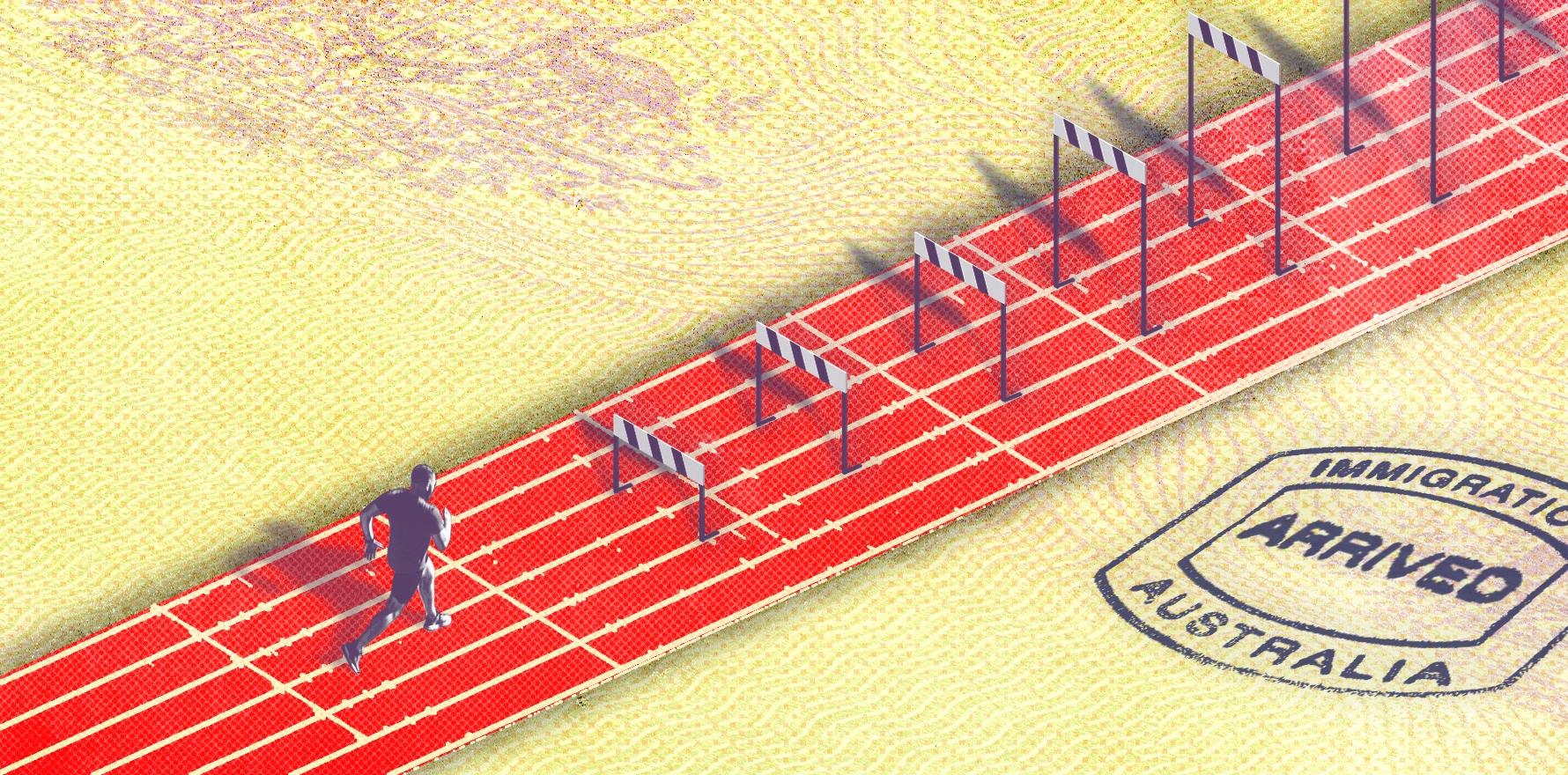The RACGP has called on all parties to support an $880k investment – the equivalent of a ‘rounding error’ – in IMG GP training to make Tasmania a ‘destination of choice’.
The RACGP has called on all Tasmanian parties to make the state more attractive to doctors, particularly overseas doctors, to improve access to GPs across the state – a tough ask in the fight against other states.
“Shortages are already hitting regional and remote areas of Tasmania where communities are struggling to attract and retain GPs,” said RACGP Tasmania chair Dr Toby Gardner.
“Tasmania is a fantastic place to live and work, having moved here from Queensland myself, but our practices are in a tight competition for these future GPs with other, bigger states.”
In its submission to the Tasmanian budget review, the college called on the state to allocate $880,000 a year to fund Fellowship Support Program training for 20 international medical graduates.
The two-year education and training program supports IMGs to become specialist GPs.
“Moving to a new place to work is a big commitment – it means making new connections, major expenses, and potentially uprooting your family for a new opportunity,” said Dr Gardner.
“That’s doubly so if you want to train as a general practitioner and you’re moving from overseas.”
Like all states, Tasmania must complement its domestic workforce with qualified doctors from overseas and therefore must invest the “relatively small” amount to make Tasmania a “destination of choice for skilled future GPs”.
“Previously, the Fellowship Support Program training to become GPs in Australia was subsidised by the federal government, but that ceased last year,” said Dr Garner.
“In a state health budget, $880,000 is a rounding error, but just one new GP in a rural area means a real difference in the health and future of a community.”
According to Dr Garner other states are already successfully providing incentives for GPs.
“Victoria is already providing an incentive of up to $40,000 for doctors to train as GPs, and unsurprisingly, they saw a big increase in the number of GPs training there after that grant was announced.”
Related
Funding GP training for overseas doctors in Tasmania may help the state become competitive with other states, he said.
“With many of my GP colleagues in Tasmania thinking about retirement and succession planning, it’s an easy way boost GP numbers in communities in need and avoid the situation we’ve seen far too many times – essential practices being forced to close because they can’t meet their workforce needs.
“The evidence shows that doctors who train in rural regions are more likely to choose to live in those areas long-term.”
While the commitments of the major parties to improving healthcare in Tasmania are welcome, they’re “missing a trick” by not making the relatively small investment with a big reward.
“The Tasmanian Liberals have committed to pay up to $100,000 of the HECS debt of GPs in regional and rural areas,” said Dr Gardner.
“It’s a good initiative, but it just does not apply to many of the future GPs who could train and work in our rural and regional areas after receiving their medical degree from overseas.”
Labor has also made “strong commitments against payroll tax”, an obviously favourable move to ensure certainty about the future of GPs, “but they can do more to ensure Tasmanians can access a GP where they live”, said Dr Gardner.
“This [investment] is a smart way to give ourselves the edge we need.”





